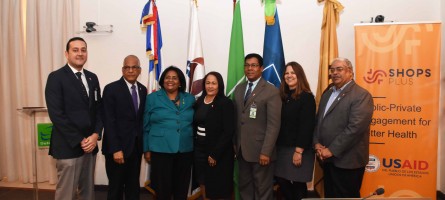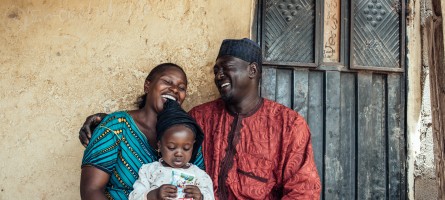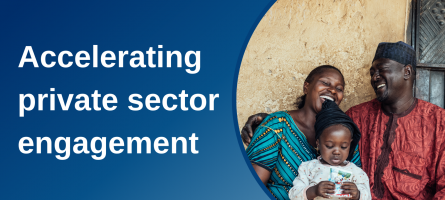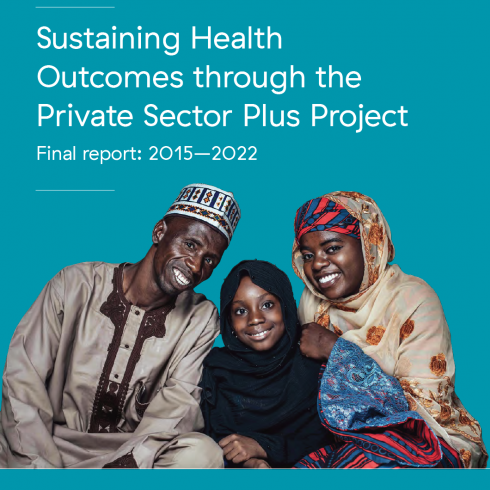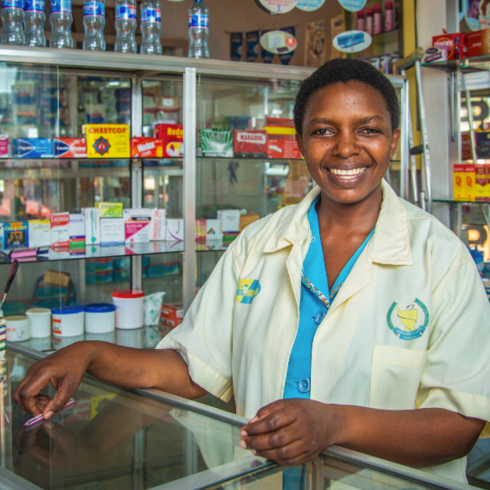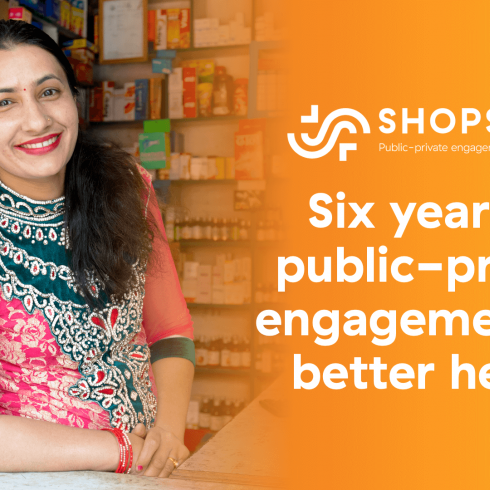HIV
Over the past two decades, targeted collaboration between international donors, national governments, and the private sector has expanded access to HIV and AIDS treatment and saved the lives of millions of people living with the disease worldwide. Thanks to this collaboration, an AIDS-free generation is within reach. It is therefore critical that that it continues so that all people living with HIV know their status and are receiving treatment, and that people can live positively with the disease long-term. As countries have looked to 2030 and the UNAIDS' global 95-95-95 targets alone, and it has become increasingly clear that national HIV and AIDS responses must find ways to build on past successes and more urgently and adequately incorporate the private sector’s human, financial, and technical capacities to expand and sustain treatment availability.
SHOPS Plus aims to advance new and best practices to engage the private sector in HIV prevention, treatment, and retention efforts across the cascade of care. We support efforts to increase knowledge of evidence-based private sector approaches for generating sustainable domestic financing, strengthening markets for HIV commodities, and improving the ability of private providers to deliver HIV services. Our work brings public and private sector stakeholder together to identify gaps in current HIV programs, identify private sector solutions to sustain and accelerate progress towards national HIV goals, and build road maps for moving forward.
To achieve this, SHOPS Plus prioritizes sustainable solutions that integrate private stakeholders into global and national efforts. Under USAID’s Sustainable Financing Initiative, SHOPS Plus is working in multiple countries, including Nigeria, Tanzania, Namibia, the Dominican Republic, and the Caribbean, to identify targeted areas where private actors can mobilize financial and human resources to expand and sustain access to HIV services through social enterprise business models, public-private contracts, and corporate partnerships. SHOPS Plus also provides technical assistance in multiple countries to strengthen and expand the total markets for priority HIV products, including condoms, andHIV self-test kits. These efforts seek to reduce reliance on donor funds and commodities while also easing financial burdens on people seeking care and treatment in the private sector to support the national HIV response and sustainable markets.
Examples of our work
In Tanzania, SHOPS Plus works in collaboration with the Ministry of Health, Community Development, Gender, Elderly, and Children, and a broad range of private health sector stakeholders to strengthen the availability and quality of pre-service practical training of private nursing and midwifery students. The project helped create and will implement the new national nursing mentorship guidelines by linking private medical training institutions to private health facility partners delivering integrated HIV and primary health care services. Through the program, senior level nursing and midwifery students will be exposed to practical hands-on learning in a clinical setting, strengthening the quality of their pre-service skills development and preparing them for an integrated clinical HIV and AIDS role after graduation.
In the Dominican Republic, SHOPS Plus is taking a comprehensive approach to strengthening the sustainability of private sector contributions to the national HIV response. The Dominican national HIV response has long relied heavily on private NGOs to identify, treat, and support key populations that drive the country’s HIV epidemic. These NGOs have traditionally relied on support from external donors to fund their programs. SHOPS Plus is providing technical assistance to these organizations to adopt new, more efficient business models and to access new sources of financing – such as contracting with the country’s social health insurance program – that will allow them to continue offering affordable, high quality HIV services. At the same time, the project is working with the Dominican government to ensure that people living with HIV are enrolled in the social health insurance scheme so that they can continue to access HIV care from these facilities.
In Nigeria, SHOPS Plus supported USAID’s Sustainable Financing Initiative to develop a strategy to scale up use of HIV services in Rivers and Lagos states through the private sector. SHOPS completed an assessment that examined both states’ broad health system conditions, as well as the market for HIV services, and identified private service delivery models that could bridge any gaps between supply and demand. The project identified seven different types of people living with HIV based on their general care seeking behavior, the length of time they have been living with their diagnosis, and their income. For each type, SHOPS Plus developed targeted recommendations for how USAID could invest in private sector solutions to address the clients’ needs and desires for accessing HIV care and treatment services. Take a look at the brief and video series.
Countries: Dominican Republic, Eastern and Southern Caribbean, Nigeria, Tanzania
